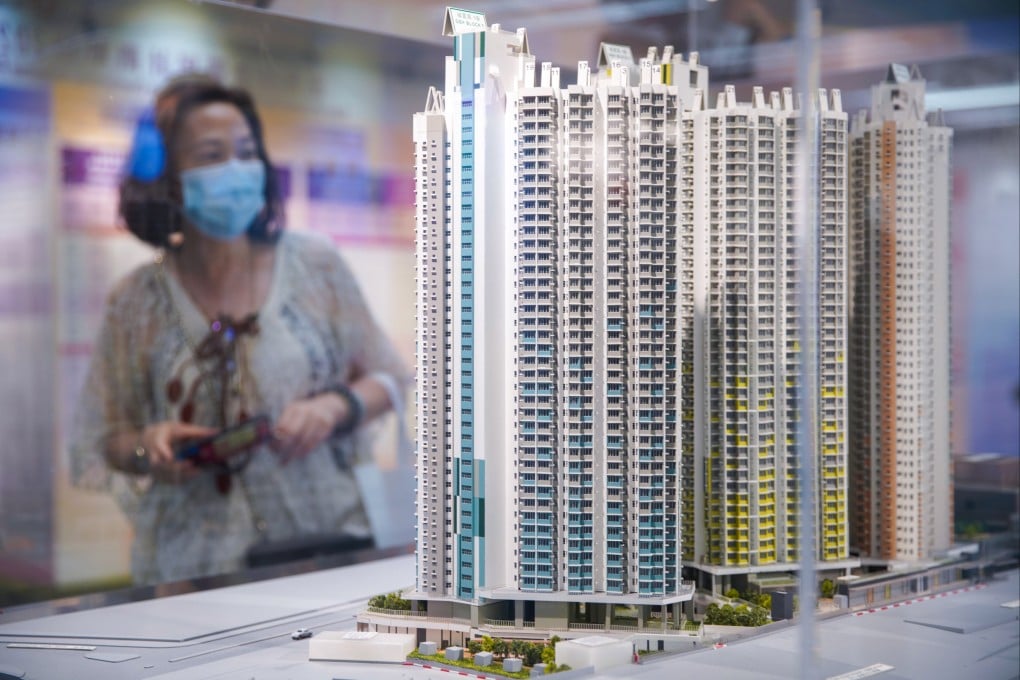Advertisement
Hong Kong should stop building Home Ownership Scheme flats, reallocate land for public rental houses, says JLL
- The waiting time for a public rental property currently stands at 6.1 years, a 23-year high
- ‘There is no reason to help people buy houses when the situation is so critical,’ says Joseph Tsang, chairman of JLL Hong Kong
Reading Time:2 minutes
Why you can trust SCMP
3

The Hong Kong government should consider suspending the construction of Home Ownership Scheme (HOS) flats catering for low to middle income households and reallocate the land to address a chronic shortage of public rental properties, according to the chairman of JLL Hong Kong.
The building of subsidised flats under the scheme should be halted until the average waiting time for public housing is reduced to four or five years, said Joseph Tsang. The waiting time currently stands at 6.1 years, a 23-year high, and is expected to increase further, according to JLL.
“There is no reason to help people buy houses when the situation is so critical,” Tsang told the Post. “The government can do a review instantly about it. It can be done immediately.”
Advertisement
HOS is a subsidised housing programme that offers a pathway to home ownership for those who meet maximum income thresholds.
Hong Kong couples with a maximum combined monthly income of HK$66,000 and assets of no more than HK$1.85 million are eligible, as are individuals earning half that amount.
Advertisement
Advertisement
Select Voice
Choose your listening speed
Get through articles 2x faster
1.25x
250 WPM
Slow
Average
Fast
1.25x